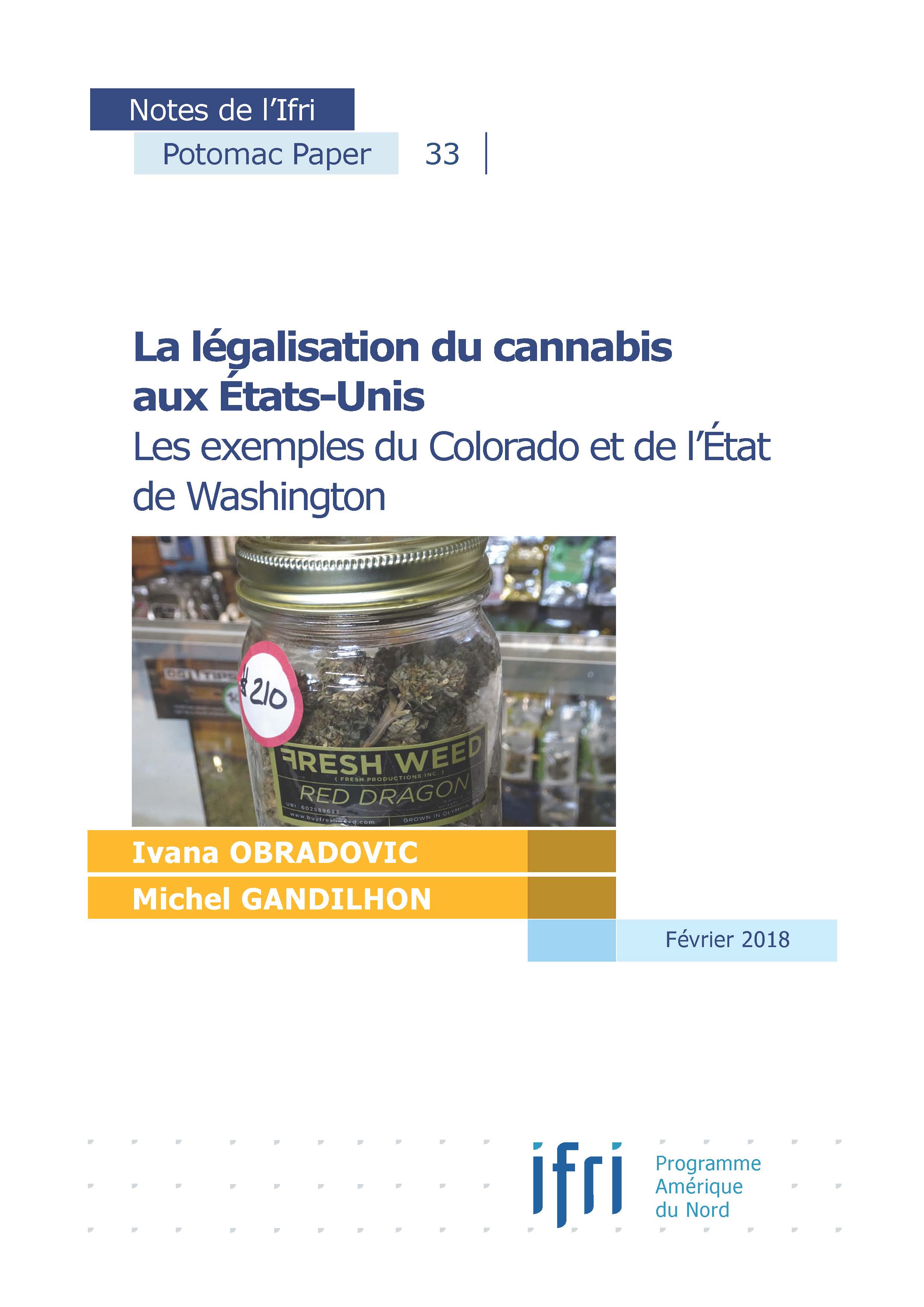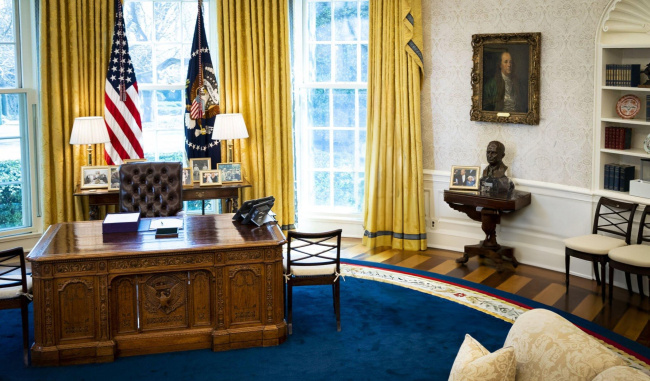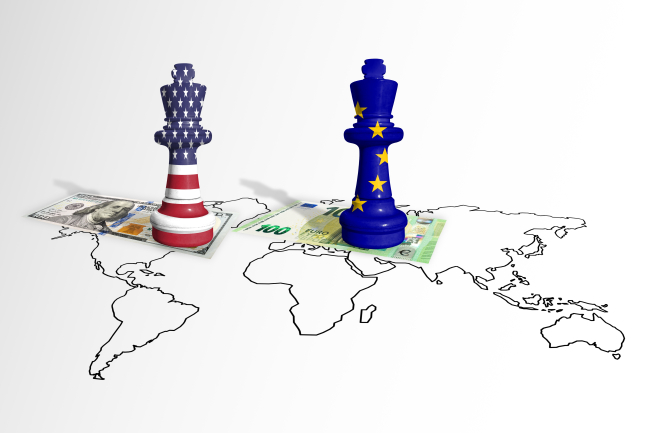The legalization of cannabis in the United States, the examples of Colorado and Washington State

The use of recreational cannabis became legal in the States of Colorado and Washington in January and July 2014 respectively. The regulations, based on the examples of the tobacco and alcohol markets, intend to tackle the black market and to protect minors more efficiently. How do these two pioneering experiments inform the ongoing debate in France?
The State of Washington settled for a stricter regulation system. Indeed, while consumption rates have decreased for minors in the two States, they have strongly increased in Colorado’s adult population. However, the fact that teenagers tend to have a diminished perception of the dangers of cannabis should be carefully monitored, especially when they are exposed to a wide offer of cannabis-based products (marijuana, oils, cookies, …).
The economic benefits in terms of turnover, States revenues and job creation turn out to be higher than expected. Time will tell if this is a lasting phenomenon. However, the surge of marketing on the legal market, even though prohibited, indicates dynamism. The development of the pot industry could in time conflict with public health requirements.
The black market for cannabis remains in the hands of criminal organizations (Mexican drug cartels, gangs). It essentially targets the poorest populations, i.e. racial minorities, who remain on the sidelines of the more expensive legal market. As the prices of legal and black-market cannabis converge, the mafias’ interest may decline. They appear to have anticipated this evolution, since a shift towards the heroin and opiate markets has already been identified.
This may be the reason why in January 2018 President Donald Trump revoked the “laissez-faire” memos adopted under President Obama – the use of drugs remains indeed prohibited at the Federal level. The issue of marijuana legalization therefore constitutes a new area of States’ rights dispute.
This content is published in French: "La légalisation du cannabis aux Etats-Unis. Les exemples du Colorado et de l'Etat de Washington"
Related centers and programs
Discover our other research centers and programsFind out more
Discover all our analysesDonald Trump v. the States: the Case of New York
While the disruptive policies of the second Trump administration are being implemented at the federal level and on the international stage, they are also being felt in the federal states and major cities across the country. In the spring of 2025, several cases involving the state and city of New York demonstrate that the president’s attacks on environmental protection, the separation of powers, freedom of speech, etc., are also being carried out at the local level.
How the US under Trump Became a Strategic and Ideological Adversary of Europe
The Europeans' worst security nightmare seems to be coming true: on Tuesday, February 18, 2025, U.S. Secretary of State Marco Rubio and Russian Foreign Minister Sergey Lavrov met in Saudi Arabia to initiate the normalization of relations between their two countries. The meeting also aimed to set up peace negotiations for Ukraine. However, despite having the potential to affect the entire continent, the discussions took place without the Europeans or the Ukrainians being present.
Will Trumpian Authoritarianism Lead to a Constitutional Crisis?
Since his return to the White House on January 20, 2025, President Donald Trump has signed around sixty executive orders to implement his political agenda. Numerous other measures have also been introduced by the White House and the new Department of Government Efficiency (DOGE) as part of these orders.
Trump’s Second Term: Laying the Groundwork for a New Trade War
In a statement released on February 1, 2025, President Trump announced the implementation of a 10% tariff on Chinese goods and a 25% tariff on imports from Canada and Mexico. While the former took effect via executive order on February 4, the latter were granted a 30-day reprieve. Sanctions targeting European Union (EU) products are said to be imminent.









